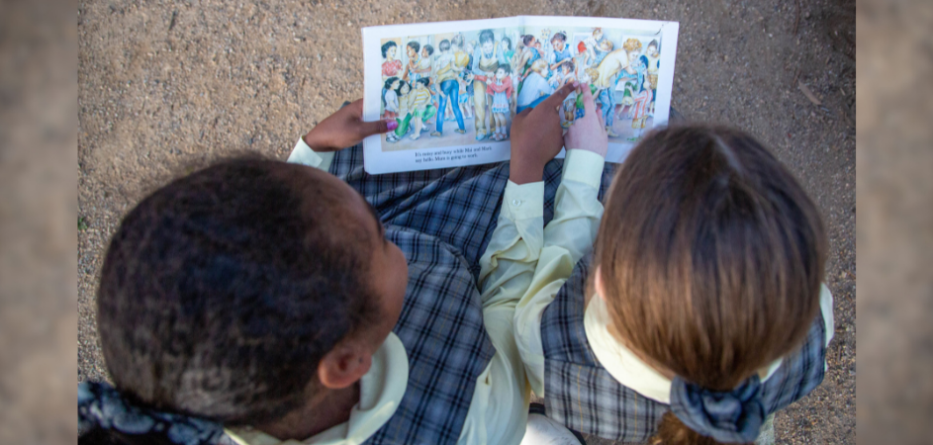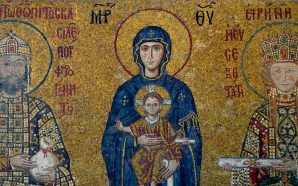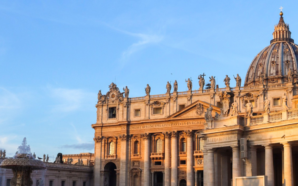Pope Francis’ Intention for January 2025: For the right to an education for migrants, refugees, and those affected by war
We pray that the right to education, which is essential for building a better world, will always be respected.
In his monthly intentions Pope Francis usually focuses first on the people for whom he prays and then turns to the issues that concerns them. This way of thinking is essential when we consider the lives of the migrants, refugees and people affected by war to whom he dedicates this month’s intention. Because almost by definition they are not our fellow citizens we are likely to focus on solutions to what we see as their problems without looking at their lives.
Refugees, immigrants and people whose lives have been disrupted by war have lost their homes and the ordinary security of daily life. The adults among them, however, do not commonly focus on themselves and in their own needs but on the future of their children. They long for education, not simply because it gives their children access to a career, but also because it is critical for their development into reflective, resourceful and wise human beings. They fear that the alternative will be barbarism. Although children do need training in the needs to master technology and to find work, they need also an education that reaches beyond their immediate needs. It must also attend to what is central for them to grow into good human beings and will and prepare them to help other people who live with disadvantage.
People driven from their home nations, however, often find such an education hard to find. They have few resources, and they often find resistance in the nations to which they come. Their citizens fear that they will take away their own resources. In response they limit access to the education that will prepare people for work. To provide education is an act of respect and of generosity. In Pope Francis’ phrase, it is about building a better world and not restricted to citizens of the host country.
Pope Francis also describes the role of education as to welcome, protect, promote and integrate. These goals go deeper than providing people with the skills and tools that will be useful in the economy. Education invites children into a world larger than the home and allows them to feel welcomed in a world that often rejects them. Education for persons who live with the disadvantages of homelessness or war, too, helps protect children. Schools can be a safe environment in a world of insecurity. This demands that the schools should be protected from targeting by robbers or by the armed forces of parties to war.
Education also promotes human values, including religious belief. In a world marked by insecurity and cultural dislocation, it affirms values and helps communicate them. Finally, it helps to bring together what has been broken apart. It knits the strands of a full human life, by introducing children to the skills needed to contribute to the economy, the values that will help guide them in living an adult life, to live in two cultures, and to serve the good of the community as well as themselves.
Fr Andrew Hamilton SJ writes for Jesuit Communications and Jesuit Social Services.








